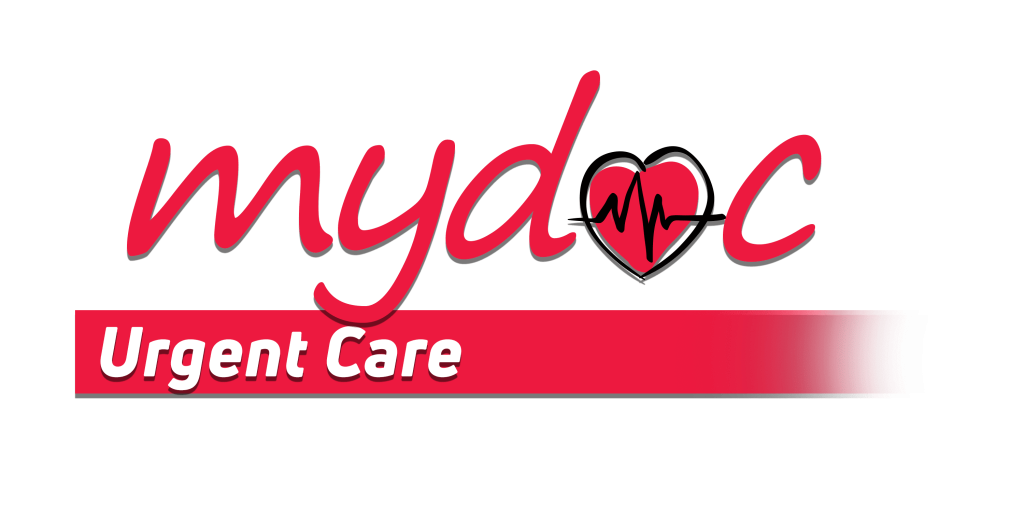When to Seek Medical Care for Insomnia

Occasional sleeplessness is a common experience for most people and the drowsiness, irritability, and mental fatigue you may feel the next day are only temporary. Frequent bouts of insomnia, however, can have a significant impact on your emotional wellbeing as well as your physical health.
The team at MyDoc Urgent Care offers insight regarding the possible causes of insomnia and why it’s important to see a doctor when your sleepless nights begin to interfere with your daily routine.
What is insomnia?
Most people equate insomnia with the inability to fall asleep at all, and that is one version of this common sleep disorder.
Insomnia can also, however, affect your ability to stay asleep. You may, for instance, be able to get to sleep quickly but find yourself waking up within a couple of hours and unable to get back to sleep.
Some people with insomnia toss and turn for hours before falling asleep only an hour or so before their alarm starts ringing.
Acute (short-term) insomnia may last for several days to a few weeks. Left untreated, chronic (long-term) insomnia can last for months to years.
What causes insomnia?
Insomnia has a variety of causes that may include:- Increased stress
- Certain medications
- Irregular bedtimes
- Late night meals or snacks
- Sleep apnea
- Restless leg syndrome
- Chronic pain disorders such as arthritis
- Excessive caffeine intake or alcohol use
- Decreased physical activity during the day
- Daytime naps
How does insomnia affect my health?
Insomnia can cause significant daytime fatigue, decreased concentration, and increased irritability, all of which can have a significant impact on your social and emotional wellbeing. Drowsiness caused by insomnia can also affect your ability to drive safely or focus on routine tasks at work or home. This increases your risk of accidents and injury. The physical effects of poor sleep include increased risk of:- Hypertension
- Digestive disorders
- Diabetes type 2
- Heart disease
- Weight gain
When should I see a doctor for insomnia?
Consider coming in for a visit if:- Your insomnia lasts more than a couple of days
- You struggle with daytime sleepiness
- You become drowsy when driving
- You’re experiencing increased irritability
- You have difficulty concentrating
- Blood work to check for an underlying health problem
- Sleep study to help diagnose sleep apnea or restless leg syndrome
- Medication to help you sleep
- Lifestyle changes to reset your circadian rhythm.
SCHEDULE A CONSULTATION
